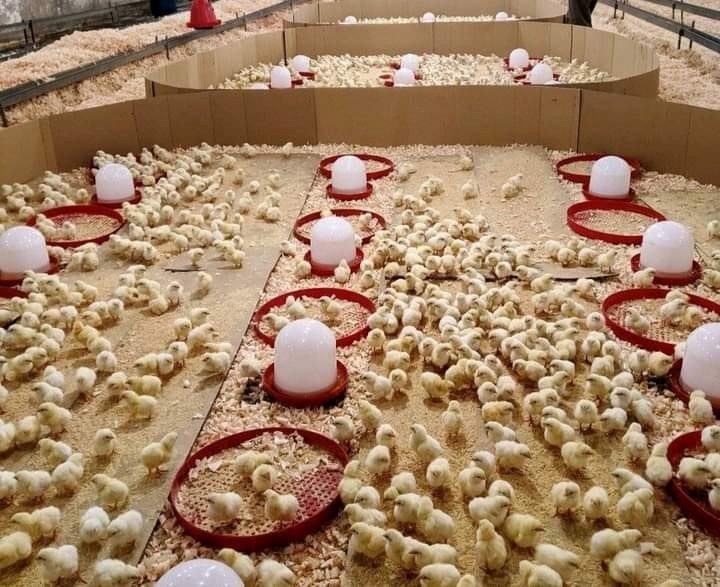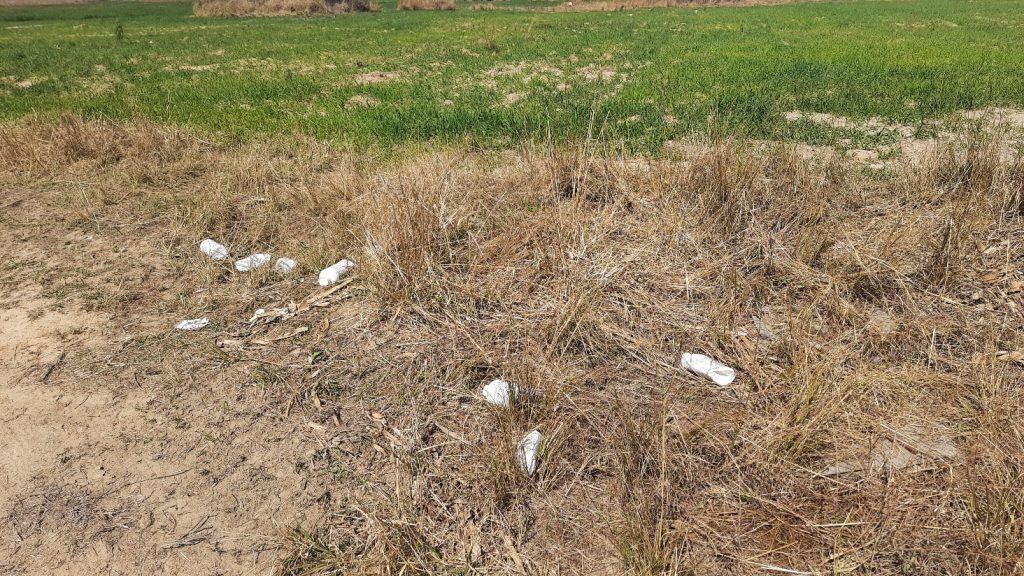The Red Dane Piggery
Pigs are wonderful intelligent creatures and we at Red Dane Piggery celebrate their creation. Endeavouring to keep them happy and healthy by making sure we fulfil the 5 commitments of Webster to animal welfare, which are; In other words, a life worth living with a decent quality of life. At the end of their life […]
The Red Dane Piggery Read More »










